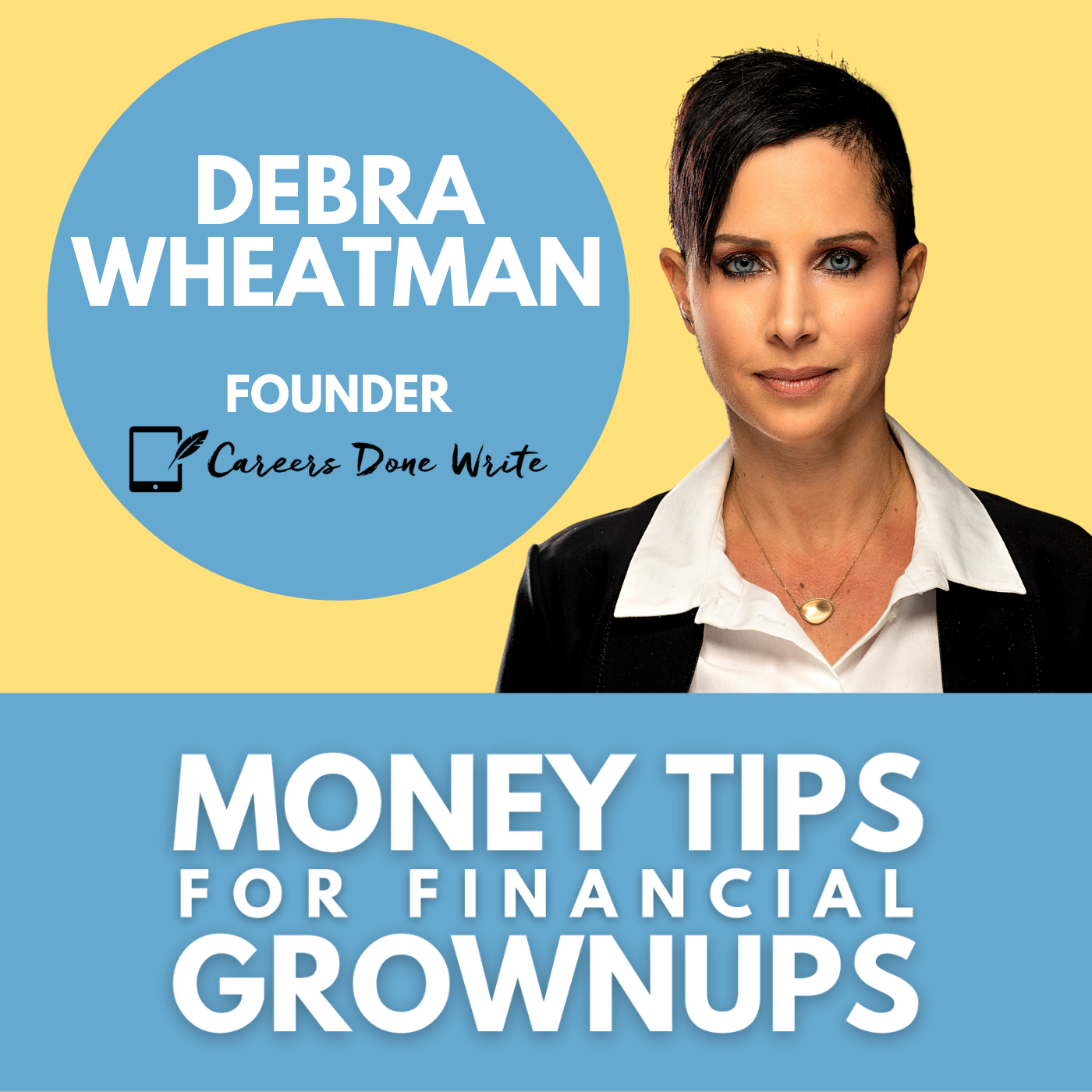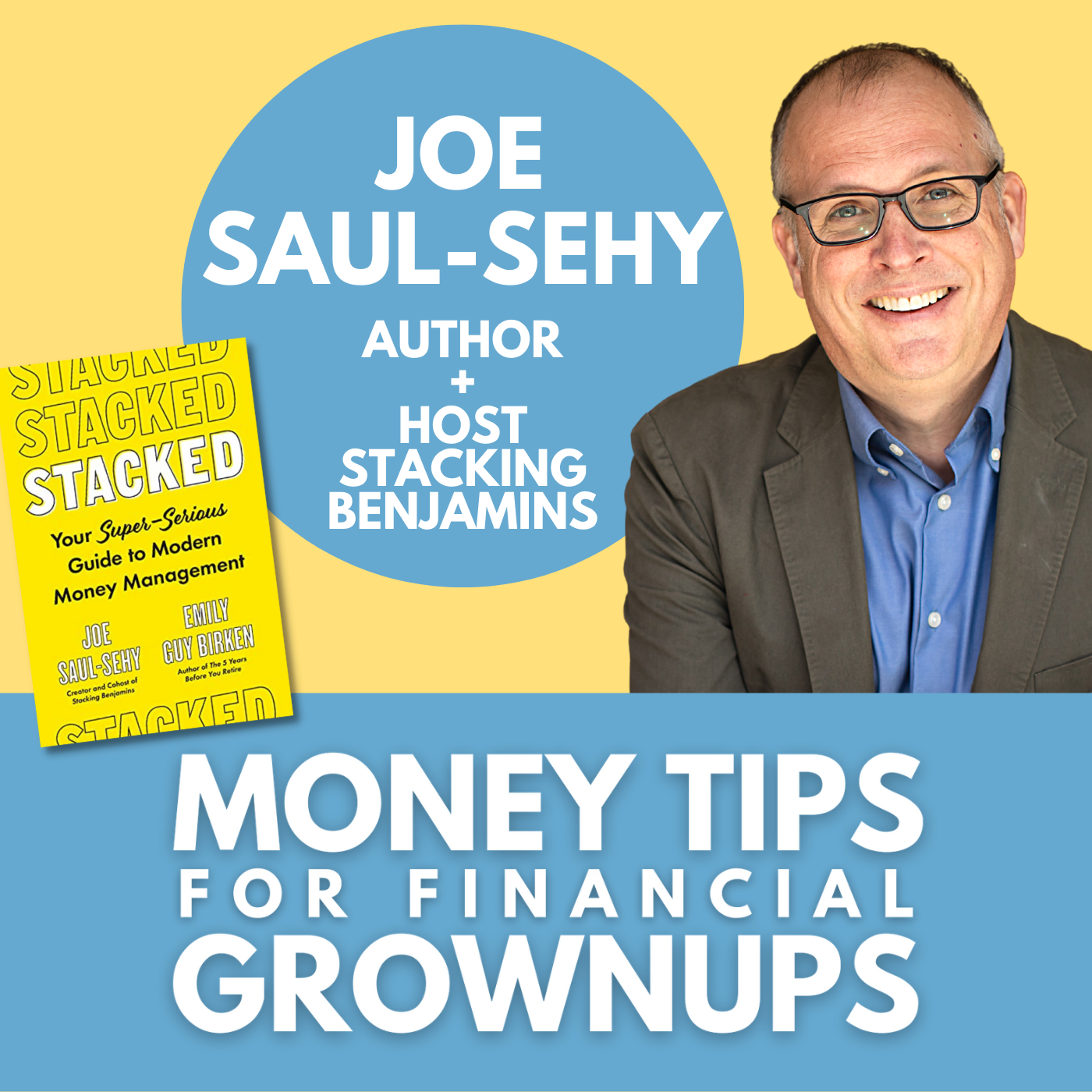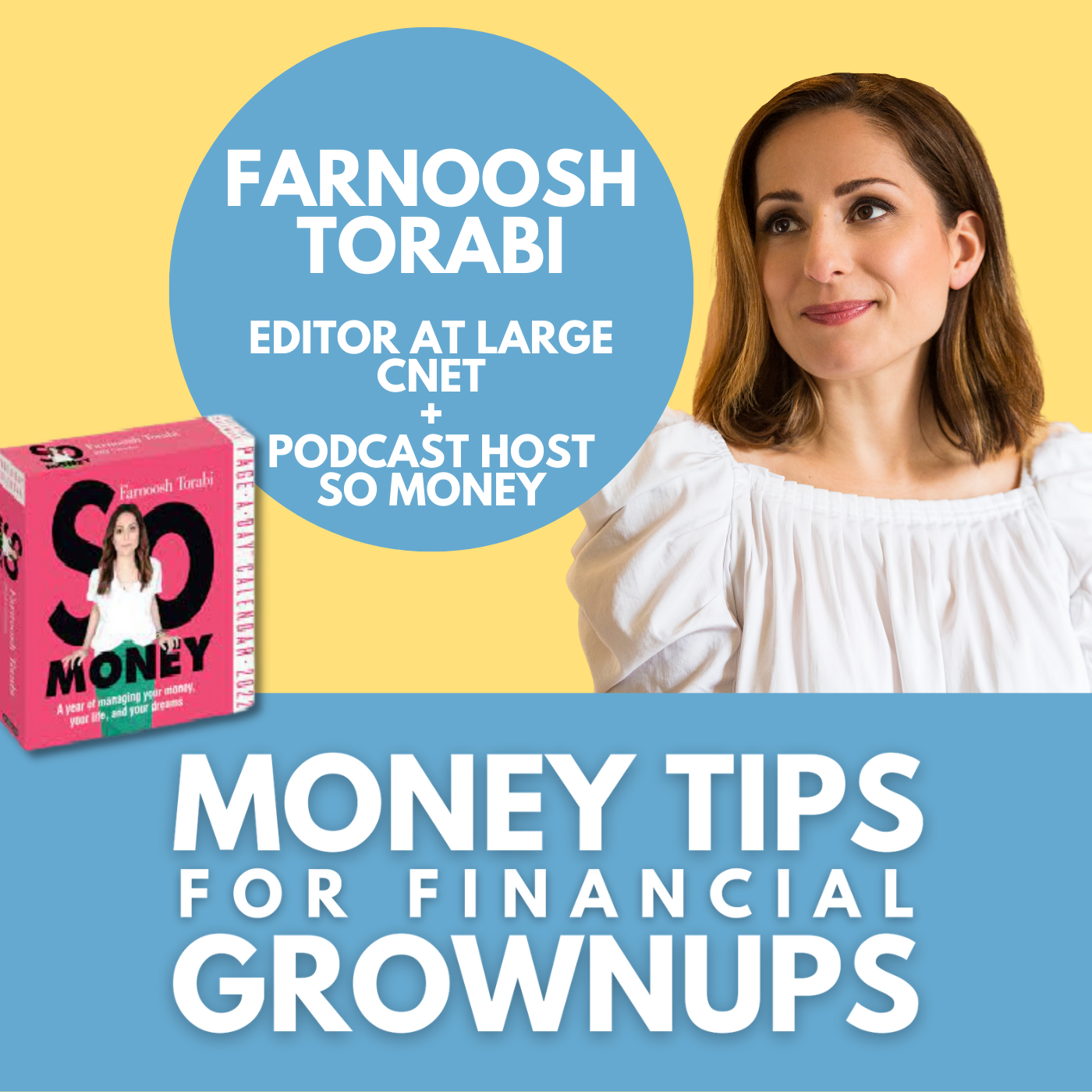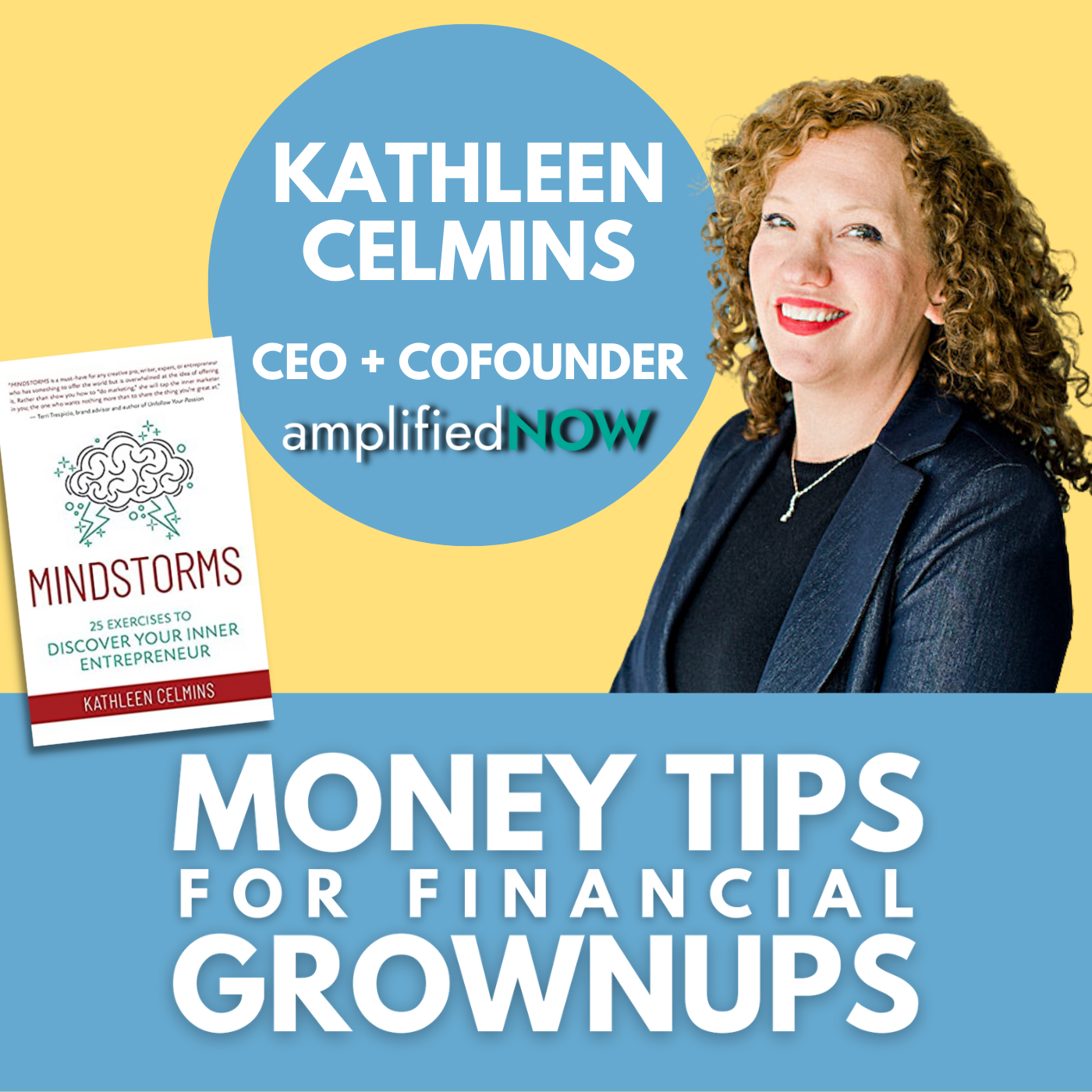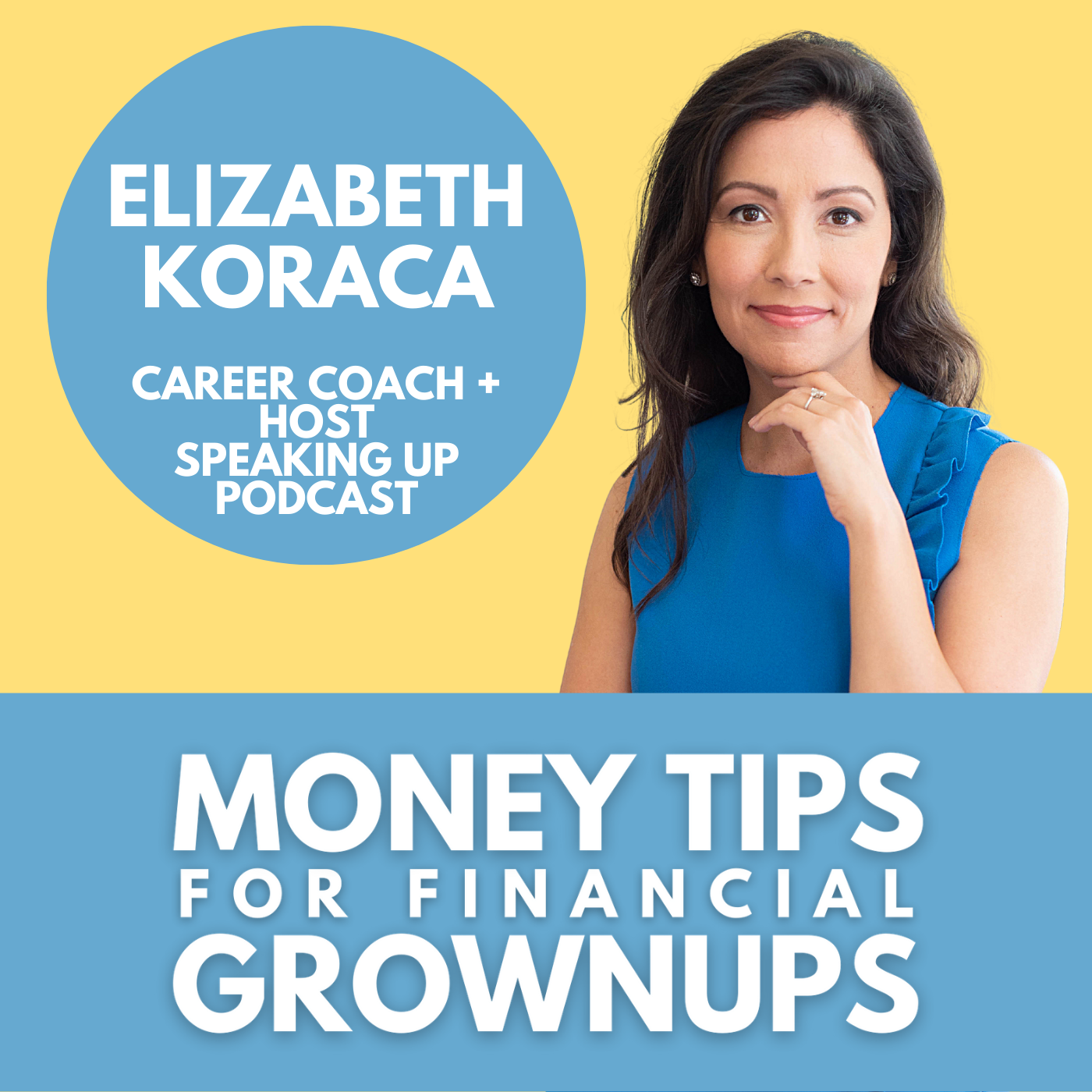A Little About The Show
Well, I got to tell you for those of you that love Breaking Bad and you love Narcos and Ozark, this will round out your drug genre TV addiction. Growing Belushi stars... He's a favorite actor of mine, Jim Belushi. He invites us into his adventures on his cannabis farm in Eagle Point, Oregon on the banks of the roaring Rogue River. We see him learning on the fly, and sometimes through some hard challenges and failures, about farming and general business operations. And he gets into some difficult situations and he learned some pretty harsh lessons about how much, maybe how not so much his brand or his fame is worth when it comes to selling his cannabis. We get front row seats, and we watch him and his family build their business and bring their products to market, which includes several strains like Captain Jack and the Blues Brothers cannabis brand to dispensary shelves. We also get cannabis one-on-one lessons along the way, which I think they're fascinating.
Bobbi Rebell:
Okay. So Jim Belushi, who I think is a good actor, but I'm not a super fan like Neil, but I know who he is. So he refers to himself, he refers to the show, I should say, as edutainment, because during each episode there's sort of these breakouts, kind of like the in the moments that you see on reality shows where he speaks directly to the audience about the cannabis industry and exactly how things work, how things work in the business, but also about the plant and that he's very passionate about the medicinal value of cannabis.
Bobbi Rebell:
We also get, of course, some guest appearances from his celebrity friends, including Dan Akroyd, and that is, of course, giving the show a lot of social media buzz. Their Instagram handle, by the way, @belushisfarm is getting close to a hundred thousand followers as of this recording.
Bobbi Rebell:
So interesting, it's not really a side hustle because it's a real business. I mean, to the point where one of my favorite scenes, there's an intervention and his kid is like, "I'm worried about this business, Dad, because I'm worried"... Not because he's worried about him. He's worried about his inheritance.
Money Tips and Lessons Learned
Bobbi Rebell:
Anyway. So, Neil, what is your gut reaction to the show?
Neil Kaufman:
I liked it. I really liked it. It's like watching the profit meets the undercover boss.
Bobbi Rebell:
How many times have you watched it, Neil?
Neil Kaufman:
I've seen every episode out there so far, and I've watched them twice.
Bobbi Rebell:
At least twice.
Neil Kaufman:
At least twice so far. I mean, I've only been into it for the last couple of weeks. You got to give me some time.
Bobbi Rebell:
Right. Well, then I fall asleep during all the shows when I watch it for like the second half, you get a lot of half rewatching as I finished the episode I fell asleep during, which is not an insult to the show. That's actually a compliment to the show that I go back to watching it. I just fall asleep during all this stuff. We know that.
Bobbi Rebell:
Anyway. So you liked it.
Neil Kaufman:
Yeah.
Bobbi Rebell:
What did you like about it?
Neil Kaufman:
I mean, funny or not funny, it's kind of interesting. I mean, he has the basic problems that we all face, personnel and HR issues. He's got operational issues. I remember in one episode he killed the entire crop because he clearly lacked a little bit of training in how to raise these plants, well, how much sunlight, how much water and he's learning on the fly. What is value? What's market and brand pricing? He's trying to figure out a pricing plan. And there's also local compliance issue. I remember one episode he had to go and test the THC content and his business, it's very tangible. I think it's very relatable to all of us.
Bobbi Rebell:
Yeah. This is sort of a millennial moment. There's a point where he has two family members that are millennial. Well, actually I shouldn't pick on millennials. I'm not going to say what generation they are. They might be Gen Z. We don't know, but they are exhibiting stereotypical behaviors of what people perceive millennials as doing, as in like maybe they feel like they need to do something else one day, instead of working, just because they need to have, what would you call it, just a wellness day? What was going on there?
Neil Kaufman:
They were lazy. I think they were slagging off. I mean-
Bobbi Rebell:
Spoken as a Gen X boss, yes.
Neil Kaufman:
That's what I see it as. I mean, personally I would have implemented a fair and balanced staff performance evaluation and maybe an incentive-based bonus plan over there, or...
Bobbi Rebell:
Yeah, he doesn't have that kind of structure at this point yet. Well, like he goes to sell it and he thinks because he's Jim Belushi, he can sell it for how many times what the product... I mean he just assigned a random value based on his name, which I thought it was very endearing, frankly. I mean, he really played it for laughs so we don't know. Of course, it's a reality show that's somewhat structured. So we don't really know how much is legit and how much is sort of creating storylines, but it was a definite reality check, pun intended, for Mr. Belushi. That just because he's famous doesn't mean people will pay 10 times as much for his product. They'll pay a little more, but maybe not as much more as he thought.
Neil Kaufman:
Yeah. You know, the market is what it is. He's got to differentiate that brand in the marketplace. And I think if he wants to get a little bit higher price, he's got to show a little bit, maybe higher quality. You know, I take it back to like an analogy back to even Walter White's Blue Magic, it had to prove itself in the marketplace before it got market demand.
Bobbi Rebell:
That was a Breaking Bad reference, for anyone that didn't catch that.
Neil Kaufman:
Oh, I'm sorry. I should have referenced that right from the get-go. But I mean the point being, I mean, if you're going to sell something that's commoditized, you have to differentiate in some way.
Bobbi Rebell:
What about the licensing thing, what do you think about that? So there's a whole bit going back to the idea of the money tips and the business lessons from this, there is a storyline that involves him licensing the Blues Brothers brand, which it was not his brand. It was his older brother's brand with Dan Akroyd.
Neil Kaufman:
It's fair, but I think it was actually really, really smart business sense on his behalf. It takes companies so long and they spend years developing and cultivating their brands. And here he is latching onto a brand, using it as an accelerator to the market, I think it was really a smart move on his behalf.
Bobbi Rebell:
Well, and also it wasn't just handed to him.
Neil Kaufman:
No doubt, but I think that he's been performing with that band for sometime now, stepping in almost like John Goodman steps in every now and then on the Blues Brothers to perform with them. He's part of that. I think it's a whole brand, which he is already a part of.
Bobbi Rebell:
He goes to South America, obsessed with finding the perfect seeds. What do you think?
Neil Kaufman:
Oh my god. I got to tell you, I cringed a little bit of that because it was painful to watch. Not painful to watch because it was... He finds the seeds, he loses the seeds, and he has to find the seeds again.
Bobbi Rebell:
Well, no. His employee lost the seeds.
Neil Kaufman:
Well, he has to own that. It's his responsibility. It's his company, so he lost the seeds.
Bobbi Rebell:
Well, that's a thing. So when you have a company, you hire employees to do things. When the employees don't do their job, ultimately cost the company, right?
Neil Kaufman:
I thought that was a good lesson there. But it was kind of overshadowed by his constant obsession over Pablo Escobar.
Bobbi Rebell:
Which, of course, got us into watching Narcos-
Neil Kaufman:
Yes.
Bobbi Rebell:
... which we're now watching.
Neil Kaufman:
I think if he was going to look for a marijuana mogul, if you want to call it that, there's one closer to shore. You've got people like Martha Stewart, who's got a cannabis brand with Snoop Dogg these days.
Neil Kaufman:
I mean, that's how mainstream this stuff has become. Martha can get you high with her products in the morning, and then she can feed your munchies at night with her moist oatmeal cookies to satisfy all your cravings. And by the way, I have to add in it's a genius vertical market product integration. She's got you getting high and then filling the food crave at the end. It's genius.
Bobbi Rebell:
All right. So what do you see as the big money lessons, the big business lessons? For those of you who don't know, you are a consultant for a living, so you advise people on how to improve their businesses, broadly speaking. That's a way big generalization of what you do, but what would your advice be to Mr. Belushi?
Bobbi Rebell:
And by the way, I gave Neil some questions in advance. This is an on-the-fly question. Let's see how Neil does.
Neil Kaufman:
I have to tell you the one big takeaway I got from looking at the nephew and the other relatives that work there is I think there's a big lesson there, which is never go into business with close friends and family. I think it's just too hard to draw lines, clear lines sometimes. Emotions blur those lines, the logical ones. He knows that this nephew of his is a terrible employee, but he's going to keep him because he's got an emotional attachment. So I think one life lesson here, one huge economic lesson, don't go to business with close friends, because otherwise you can't make those logical decisions.
Bobbi Rebell:
Yeah. I mean, do you think that he had a business plan going into this with actual projections of things? I mean, he was way off on pricing of his products, way off.
Neil Kaufman:
I don't know if that was shtick, though, for the camera or really it was just-
Bobbi Rebell:
Maybe.
Neil Kaufman:
It may have been. But I think overall I have to give the guy, I would say out of the gate from a business perspective, I think I'd give them a B minus. I think he's up there right out of the gate for being new to this space. He has a growing facility, he's in compliance with local laws and regulations. And he has a backup plan when the first crop went poor, and he's diversifying in products like edibles and vapes and the buds. I think he's doing really well for right out of the gate.
Bobbi Rebell:
And, obviously, having a reality TV show is amazing publicity and if they, well, I should say they renewed it. I think we said that earlier, they did renew it for a second season. So clearly that part is going well, and if you go to their website, you will see they have merch for sale. In that sense, he's got a business plan.
Bobbi Rebell:
What would you do differently if you were there, if you were his business partner?
Neil Kaufman:
I think in advance, I mean, performing some sort of assessment of the types of issues that would come up. Whether or not they're the compliance issues or the strategic pricing issues, I would have put together at least a plan around all of that in advance, kind of architect in advance the issues that he seems to have learned only by mistake along the way. It seems to be he's learning as he's going, as opposed to have planned in advance. It seems to be that he's not executing that plan. He's actually just kind of doing it ad hoc.
Bobbi Rebell:
Next season, we're going to see him putting the product into food. So given that, where do you think he should go with that?
Neil Kaufman:
I like to see him doing some integration, I think, with distributors. So maybe to Whole Foods, those type of organizations that carry CBD products today. I'd like to see how he's going to start almost like a Coca-Cola or anybody else who is bringing a consumer product to market. I like to understand how he's going to be partnering with strategic alliances, like grocery stores, not just dispensaries, but how is he actually getting product broader reach?
Bobbi Rebell:
Yeah. I was curious to see, the show is, obviously, focused on just his farm, but this is such a blooming business that I was curious to see who were his rivals out there and to see if there's any sort of gathering of them. There's like a convention for people that are starting up farms and see how he fits in to the industry because I know there's a lot of celebrities that are out there. You mentioned Martha Stewart, but it's definitely something that's very popular, so I'm curious to hear a little bit broader view of the industry.
Bobbi Rebell:
Final takeaway, my love.
Neil Kaufman:
Versatility, agility, flexibility. He's an actor. Look what he's doing right now. I mean, he's becoming a mogul in cannabis production. I think the lesson for everybody is every few years you have to reinvent yourself. I mean, what's state-of-the-art today will be aged years from now? They say that the average turn on technology is every two years now. So I think he's demonstrating someone who's thinking outside the box and doing things that he's never done before, which I think is phenomenal. We should all learn from that.
Bobbi Rebell:
I, literally, agree with everything you just said. I'm just going to say gold star for Neil being an amazing guest.
Follow Neil!
Follow Bobbi!
Did you enjoy the show? We would love your support!
Leave a review on Apple Podcasts or wherever you listen to podcasts. We love reading what our listeners think of the show!
Subscribe to the podcast, so you never miss an episode.
Share the podcast with your family, friends, and co-workers.
Tag me on Instagram @bobbirebell1 and you’ll automatically be entered to win books by our favorite guests and merch from our Grownup Gear shop.
Full Transcript:
Bobbi Rebell:
I hope you guys are all celebrating some big adulting milestones this season. And you know what? Finding the perfect gift for those celebrations can be kind of tough.
Bobbi Rebell:
I have the solution over at grownupgear.com. We have adorable hats, totes, mugs, pillows, tees and, seriously, the most cozy and comfortable sweatshirts. They're all on grownupgear.com, and all at affordable prices. We even now have digital gift certificates if you can't decide. Use code grownup for 15% off your first order. Buying from our small business helps to support this free podcast. And you know what? We really appreciate it. Thanks, guys.
Neil Kaufman:
For those of you that love Breaking Bad, and you love Narcos and Ozark, this will round out your drug genre TV addiction.
Bobbi Rebell:
You're listening to Money Tips for Financial Grownups with me, certified financial planner Bobbi Rebell, author of How to be a Financial Grownup. And you know what? When it comes to money, being grownup is hard, but together, we got this.
Bobbi Rebell:
Welcome, my grown-up friends, to the latest installment of our 2021 Financial Grownup Summer Watch Party Series. Okay. You guys know the deal. During COVID, all of us, frankly, not just me, we all had a chance to check out a lot of streaming shows, probably way too many, but there's a lot of undiscovered gems out there that have some really good money lessons. So we are having a Summer Watch Party highlighting some of my personal favorites and some new buzz-worthy shows and, of course, the money tips that we learn from those shows.
Bobbi Rebell:
Joining me for this episode is a guest I have been trying to get on this podcast since it began, the love of my life and someone I spend way too much time watching streaming TV shows with, Mr. Neil Kaufman, my husband, guys. Welcome, Neil.
Neil Kaufman:
Thank you, Bobbi. I am so excited about this episode tonight. I'm so excited.
Bobbi Rebell:
Yes. Well, I'm so impressed because you haven't been on yet. It's been a few years, and you have asked frequently, and I was a little afraid you wouldn't do your homework, but you have piles of paper there. You're actually worried about all the rustling papers because you did your homework today. So everyone's in for a real treat because Neil is taking this very seriously.
Neil Kaufman:
I have OCD. For the listeners, I have OCD, and so I obsess over everything.
Bobbi Rebell:
In the best way, though, in the best way, and we're definitely going to get the dirt on the show.
Bobbi Rebell:
So this week's show, I made a pun, Neil, because I said dirt, and we're going to talk about farm, get it? It's Growing Belushi, which is a reality TV show on Discovery Plus. It's only a three-episode season so that's definitely something we can all manage to drop in August of 2020. We only discovered this very recently, but it was renewed for a second season already. As is always the case, I got to warn you guys, there are going to be some spoilers here, but it's so worth it. So stay with us.
Bobbi Rebell:
Neil, tell us a little bit about the show.
Neil Kaufman:
Well, I got to tell you for those of you that love Breaking Bad and you love Narcos and Ozark, this will round out your drug genre TV addiction. Growing Belushi stars... He's a favorite actor of mine, Jim Belushi. He invites us into his adventures on his cannabis farm in Eagle Point, Oregon on the banks of the roaring Rogue River. We see him learning on the fly, and sometimes through some hard challenges and failures, about farming and general business operations. And he gets into some difficult situations and he learned some pretty harsh lessons about how much, maybe how not so much his brand or his fame is worth when it comes to selling his cannabis. We get front row seats, and we watch him and his family build their business and bring their products to market, which includes several strains like Captain Jack and the Blues Brothers cannabis brand to dispensary shelves. We also get cannabis one-on-one lessons along the way, which I think they're fascinating.
Bobbi Rebell:
Okay. So Jim Belushi, who I think is a good actor, but I'm not a super fan like Neil, but I know who he is. So he refers to himself, he refers to the show, I should say, as edutainment, because during each episode there's sort of these breakouts, kind of like the in the moments that you see on reality shows where he speaks directly to the audience about the cannabis industry and exactly how things work, how things work in the business, but also about the plant and that he's very passionate about the medicinal value of cannabis.
Bobbi Rebell:
We also get, of course, some guest appearances from his celebrity friends, including Dan Akroyd, and that is, of course, giving the show a lot of social media buzz. Their Instagram handle, by the way, @belushisfarm is getting close to a hundred thousand followers as of this recording.
Bobbi Rebell:
So interesting, it's not really a side hustle because it's a real business. I mean, to the point where one of my favorite scenes, there's an intervention and his kid is like, "I'm worried about this business, Dad, because I'm worried"... Not because he's worried about him. He's worried about his inheritance.
Bobbi Rebell:
Anyway. So, Neil, what is your gut reaction to the show?
Neil Kaufman:
I liked it. I really liked it. It's like watching the profit meets the undercover boss.
Bobbi Rebell:
How many times have you watched it, Neil?
Neil Kaufman:
I've seen every episode out there so far, and I've watched them twice.
Bobbi Rebell:
At least twice.
Neil Kaufman:
At least twice so far. I mean, I've only been into it for the last couple of weeks. You got to give me some time.
Bobbi Rebell:
Right. Well, then I fall asleep during all the shows when I watch it for like the second half, you get a lot of half rewatching as I finished the episode I fell asleep during, which is not an insult to the show. That's actually a compliment to the show that I go back to watching it. I just fall asleep during all this stuff. We know that.
Bobbi Rebell:
Anyway. So you liked it.
Neil Kaufman:
Yeah.
Bobbi Rebell:
What did you like about it?
Neil Kaufman:
I mean, funny or not funny, it's kind of interesting. I mean, he has the basic problems that we all face, personnel and HR issues. He's got operational issues. I remember in one episode he killed the entire crop because he clearly lacked a little bit of training in how to raise these plants, well, how much sunlight, how much water and he's learning on the fly. What is value? What's market and brand pricing? He's trying to figure out a pricing plan. And there's also local compliance issue. I remember one episode he had to go and test the THC content and his business, it's very tangible. I think it's very relatable to all of us.
Bobbi Rebell:
Yeah. This is sort of a millennial moment. There's a point where he has two family members that are millennial. Well, actually I shouldn't pick on millennials. I'm not going to say what generation they are. They might be Gen Z. We don't know, but they are exhibiting stereotypical behaviors of what people perceive millennials as doing, as in like maybe they feel like they need to do something else one day, instead of working, just because they need to have, what would you call it, just a wellness day? What was going on there?
Neil Kaufman:
They were lazy. I think they were slagging off. I mean-
Bobbi Rebell:
Spoken as a Gen X boss, yes.
Neil Kaufman:
That's what I see it as. I mean, personally I would have implemented a fair and balanced staff performance evaluation and maybe an incentive-based bonus plan over there, or...
Bobbi Rebell:
Yeah, he doesn't have that kind of structure at this point yet. Well, like he goes to sell it and he thinks because he's Jim Belushi, he can sell it for how many times what the product... I mean he just assigned a random value based on his name, which I thought it was very endearing, frankly. I mean, he really played it for laughs so we don't know. Of course, it's a reality show that's somewhat structured. So we don't really know how much is legit and how much is sort of creating storylines, but it was a definite reality check, pun intended, for Mr. Belushi. That just because he's famous doesn't mean people will pay 10 times as much for his product. They'll pay a little more, but maybe not as much more as he thought.
Neil Kaufman:
Yeah. You know, the market is what it is. He's got to differentiate that brand in the marketplace. And I think if he wants to get a little bit higher price, he's got to show a little bit, maybe higher quality. You know, I take it back to like an analogy back to even Walter White's Blue Magic, it had to prove itself in the marketplace before it got market demand.
Bobbi Rebell:
That was a Breaking Bad reference, for anyone that didn't catch that.
Neil Kaufman:
Oh, I'm sorry. I should have referenced that right from the get-go. But I mean the point being, I mean, if you're going to sell something that's commoditized, you have to differentiate in some way.
Bobbi Rebell:
What about the licensing thing, what do you think about that? So there's a whole bit going back to the idea of the money tips and the business lessons from this, there is a storyline that involves him licensing the Blues Brothers brand, which it was not his brand. It was his older brother's brand with Dan Akroyd.
Neil Kaufman:
It's fair, but I think it was actually really, really smart business sense on his behalf. It takes companies so long and they spend years developing and cultivating their brands. And here he is latching onto a brand, using it as an accelerator to the market, I think it was really a smart move on his behalf.
Bobbi Rebell:
Well, and also it wasn't just handed to him.
Neil Kaufman:
No doubt, but I think that he's been performing with that band for sometime now, stepping in almost like John Goodman steps in every now and then on the Blues Brothers to perform with them. He's part of that. I think it's a whole brand, which he is already a part of.
Bobbi Rebell:
He goes to South America, obsessed with finding the perfect seeds. What do you think?
Neil Kaufman:
Oh my god. I got to tell you, I cringed a little bit of that because it was painful to watch. Not painful to watch because it was... He finds the seeds, he loses the seeds, and he has to find the seeds again.
Bobbi Rebell:
Well, no. His employee lost the seeds.
Neil Kaufman:
Well, he has to own that. It's his responsibility. It's his company, so he lost the seeds.
Bobbi Rebell:
Well, that's a thing. So when you have a company, you hire employees to do things. When the employees don't do their job, ultimately cost the company, right?
Neil Kaufman:
I thought that was a good lesson there. But it was kind of overshadowed by his constant obsession over Pablo Escobar.
Bobbi Rebell:
Which, of course, got us into watching Narcos-
Neil Kaufman:
Yes.
Bobbi Rebell:
... which we're now watching.
Neil Kaufman:
I think if he was going to look for a marijuana mogul, if you want to call it that, there's one closer to shore. You've got people like Martha Stewart, who's got a cannabis brand with Snoop Dogg these days.
Neil Kaufman:
I mean, that's how mainstream this stuff has become. Martha can get you high with her products in the morning, and then she can feed your munchies at night with her moist oatmeal cookies to satisfy all your cravings. And by the way, I have to add in it's a genius vertical market product integration. She's got you getting high and then filling the food crave at the end. It's genius.
Bobbi Rebell:
All right. So what do you see as the big money lessons, the big business lessons? For those of you who don't know, you are a consultant for a living, so you advise people on how to improve their businesses, broadly speaking. That's a way big generalization of what you do, but what would your advice be to Mr. Belushi?
Bobbi Rebell:
And by the way, I gave Neil some questions in advance. This is an on-the-fly question. Let's see how Neil does.
Neil Kaufman:
I have to tell you the one big takeaway I got from looking at the nephew and the other relatives that work there is I think there's a big lesson there, which is never go into business with close friends and family. I think it's just too hard to draw lines, clear lines sometimes. Emotions blur those lines, the logical ones. He knows that this nephew of his is a terrible employee, but he's going to keep him because he's got an emotional attachment. So I think one life lesson here, one huge economic lesson, don't go to business with close friends, because otherwise you can't make those logical decisions.
Bobbi Rebell:
Yeah. I mean, do you think that he had a business plan going into this with actual projections of things? I mean, he was way off on pricing of his products, way off.
Neil Kaufman:
I don't know if that was shtick, though, for the camera or really it was just-
Bobbi Rebell:
Maybe.
Neil Kaufman:
It may have been. But I think overall I have to give the guy, I would say out of the gate from a business perspective, I think I'd give them a B minus. I think he's up there right out of the gate for being new to this space. He has a growing facility, he's in compliance with local laws and regulations. And he has a backup plan when the first crop went poor, and he's diversifying in products like edibles and vapes and the buds. I think he's doing really well for right out of the gate.
Bobbi Rebell:
And, obviously, having a reality TV show is amazing publicity and if they, well, I should say they renewed it. I think we said that earlier, they did renew it for a second season. So clearly that part is going well, and if you go to their website, you will see they have merch for sale. In that sense, he's got a business plan.
Bobbi Rebell:
What would you do differently if you were there, if you were his business partner?
Neil Kaufman:
I think in advance, I mean, performing some sort of assessment of the types of issues that would come up. Whether or not they're the compliance issues or the strategic pricing issues, I would have put together at least a plan around all of that in advance, kind of architect in advance the issues that he seems to have learned only by mistake along the way. It seems to be he's learning as he's going, as opposed to have planned in advance. It seems to be that he's not executing that plan. He's actually just kind of doing it ad hoc.
Bobbi Rebell:
Next season, we're going to see him putting the product into food. So given that, where do you think he should go with that?
Neil Kaufman:
I like to see him doing some integration, I think, with distributors. So maybe to Whole Foods, those type of organizations that carry CBD products today. I'd like to see how he's going to start almost like a Coca-Cola or anybody else who is bringing a consumer product to market. I like to understand how he's going to be partnering with strategic alliances, like grocery stores, not just dispensaries, but how is he actually getting product broader reach?
Bobbi Rebell:
Yeah. I was curious to see, the show is, obviously, focused on just his farm, but this is such a blooming business that I was curious to see who were his rivals out there and to see if there's any sort of gathering of them. There's like a convention for people that are starting up farms and see how he fits in to the industry because I know there's a lot of celebrities that are out there. You mentioned Martha Stewart, but it's definitely something that's very popular, so I'm curious to hear a little bit broader view of the industry.
Bobbi Rebell:
Final takeaway, my love.
Neil Kaufman:
Versatility, agility, flexibility. He's an actor. Look what he's doing right now. I mean, he's becoming a mogul in cannabis production. I think the lesson for everybody is every few years you have to reinvent yourself. I mean, what's state-of-the-art today will be aged years from now? They say that the average turn on technology is every two years now. So I think he's demonstrating someone who's thinking outside the box and doing things that he's never done before, which I think is phenomenal. We should all learn from that.
Bobbi Rebell:
I, literally, agree with everything you just said. I'm just going to say gold star for Neil being an amazing guest. I think that you nailed it and maybe you'll come back again. I don't know. Everyone, write in.
Neil Kaufman:
I would say that if Jim Belushi is listening, I want him to know that I did follow him on Instagram today so he have plus one to the numbers and I'm a big fan, both acting and what he's doing today. I think bravo, kudos to him. I think he's doing phenomenal.
Bobbi Rebell:
Absolutely. Like I said, I'm just going to say ditto to that. I love the show. It was totally worth watching. Do not be insulted that I fell asleep, Mr. Belushi, because I do that all the time. But I did wake up and re-watch it over again, which is the ultimate compliment from me, trust me. Definitely worth watching. I can't wait for next season, and maybe we'll reach out to the team over at Growing Belushi and see if we can get him on when the new season comes out. So, come on to the show, Jim.
Neil Kaufman:
I think maybe we should do a product review next time so we should sample and then do a product review. I think that would be appropriate.
Bobbi Rebell:
All right. We'll figure out what is compliant within the law. I don't know what the law is on that, but maybe we need to take a family field trip to Oregon. I don't know.
Neil Kaufman:
I'm in.
Bobbi Rebell:
I think that might be an order.
Neil Kaufman:
I'm in. I'm in.
Bobbi Rebell:
All right. Thank you, Neil, love of my life, for joining us.
Bobbi Rebell:
Everyone else, thank you for listening. If you enjoyed this episode, please spread the love. Tell a friend. DM me on Insta @bobbirebell1. Let me know if you want Neil back. Let me know if you want us to try to get Jim Belushi on when his second season of Growing Belushi comes on. And, of course, let me know what else you want to hear on the podcast.
Bobbi Rebell:
Thank you all. Neil, thanks for helping everyone be financial grownups.
Neil Kaufman:
Thank you for having me.
Bobbi Rebell:
Money Tips for Financial Grownups is a production of BRK Media, LLC, editing and production by Steve Stewart, guest coordination, content creation, social media support and show notes by Ashley Weil. You can find the podcast show notes, which includes links to resources mentioned in the show as well as show transcripts, by going to my website, bobbirebell.com. You can also find an incredible library of hundreds of previous episodes to help you on your journey as a financial grownup.
Bobbi Rebell:
The podcast and tons of complementary resources associated with the podcast is brought to you for free, but I need to have your support in return. Here's how you can do that. First, connect with me on social media @bobbirebell1 on Instagram and Bobbi Rebell on both Twitter and on Clubhouse, where you can join my money tips for grownups club. Second, share this podcast on social media and tag me so I can thank you. You can also leave a review on Apple podcasts. Reading each one means the world to me, and you know what? It really motivates others to subscribe. You can also support our merch shop grownupgear.com by picking up fun gifts for your grownup friends and treating yourself as well. And most of all, help your friends on their journey to being financial grownups by encouraging them to subscribe to the podcast. Together, we got this.
Bobbi Rebell:
Thank you for your time and for the kind words so many of you send my way. See you next time and thank you for supporting Money Tips for Financial Grownups.















